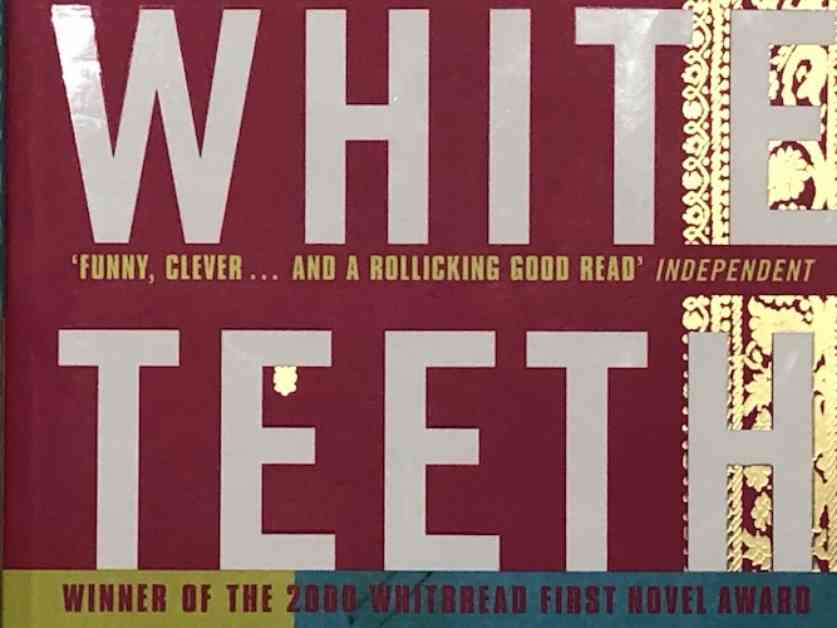Zadie Smith’s debut novel, White Teeth, made a huge impact when it was published in 2000. The story revolves around two families in north west London with diverse backgrounds and experiences. The novel delves into themes of Britishness, multiculturalism, and the changing world as perceived by native English people. Smith’s writing was praised for its boldness, tackling a wide range of characters and topics without hesitation.
The characters in White Teeth are richly developed, from lovesick teenager Irie to rebellious Millat, each with their own struggles and flaws. Smith’s portrayal of London’s diversity is raw and unapologetic, devoid of sentimentality or idealization. The novel presents a vivid and sometimes absurd picture of the city, capturing the essence of its inhabitants with a youthful and original voice.
As I read through White Teeth, I couldn’t help but feel a sense of nostalgia. It made me reflect on how the culture wars of today may have stifled the kind of freedom and openness that Smith exhibited in her work. The novel’s exploration of identity, relationships, and societal norms resonates even today, reminding us of the complexities of human nature and the ever-evolving nature of London’s landscape.
In a time where introspection and defensiveness seem to dominate public discourse, White Teeth stands out as a bold and refreshing take on contemporary issues. Smith’s fearless approach to storytelling challenges readers to confront uncomfortable truths and embrace the diversity that defines modern London. As I continue my journey through London fiction, I am grateful for the opportunity to discover gems like White Teeth that continue to inspire and provoke thought.





















